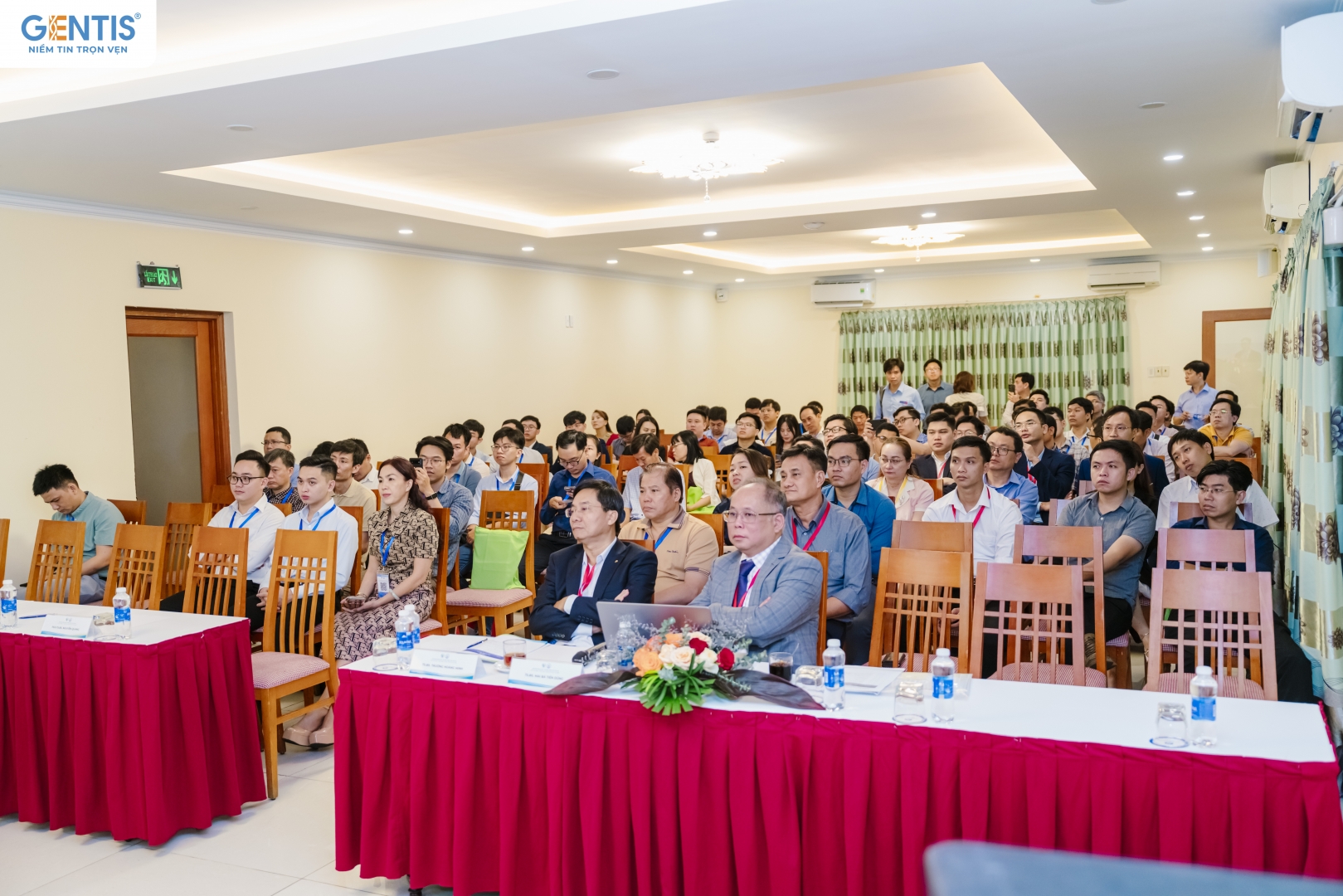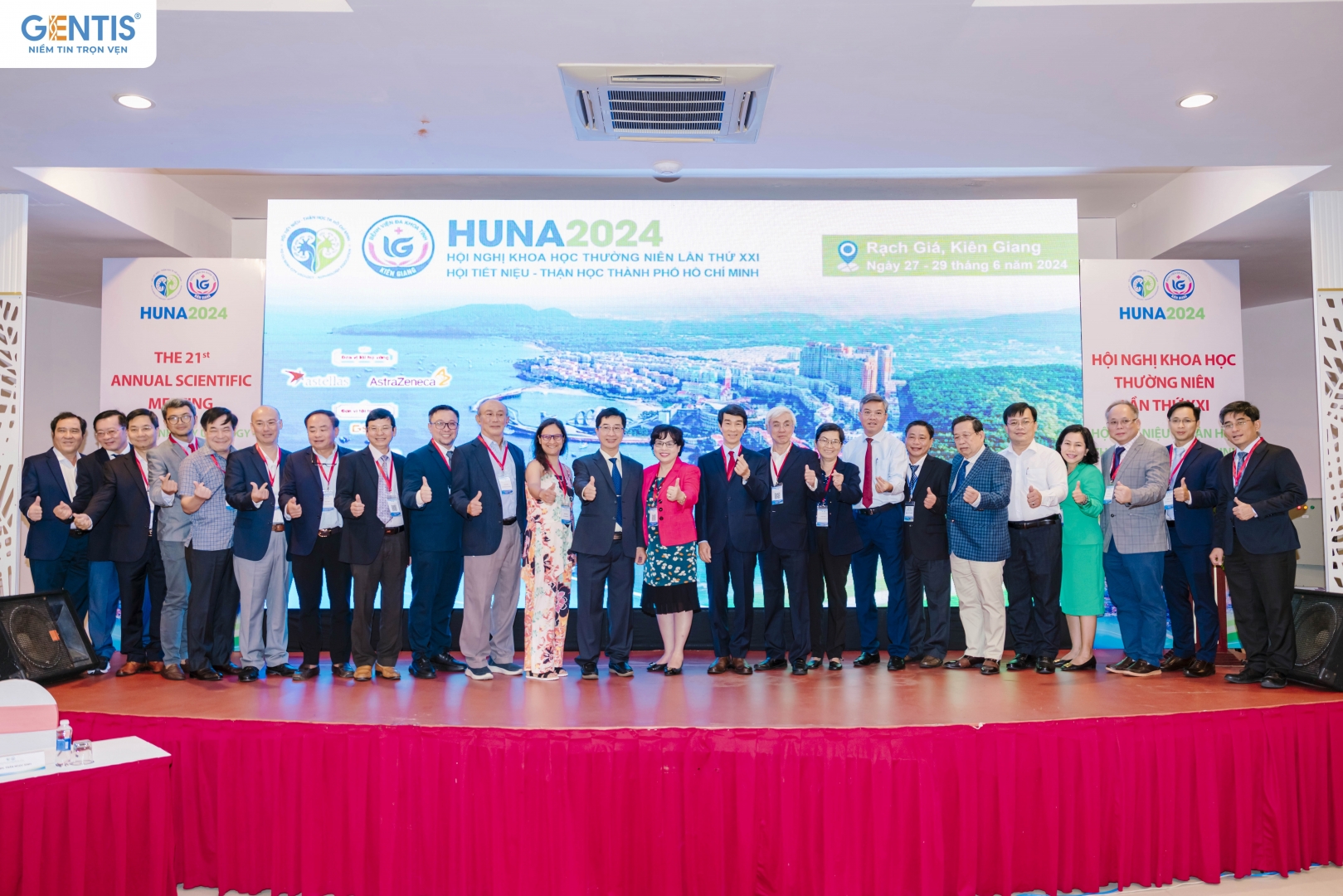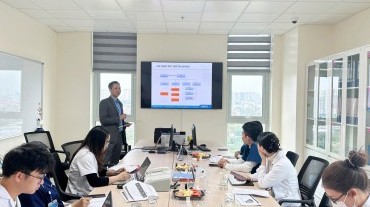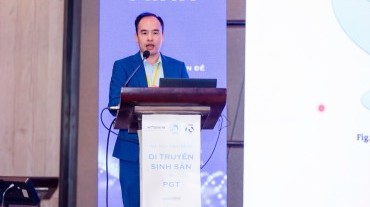Current status of male infertility in Vietnam
So far, the stereotype has been that infertility is mainly due to women. However, according to the latest research by the World Health Organization (WHO), infertility causes come from both men and women.
 The Andrology session at the 21st Annual Urology and Nephrology Scientific Conference (HUNA) 2024 attracted the attention of many delegates.
The Andrology session at the 21st Annual Urology and Nephrology Scientific Conference (HUNA) 2024 attracted the attention of many delegates.
In infertility cases, female factors account for 40%, male factors for 30%, both partners for 20%, and 10% remain unexplained. This data shows that the incidence of male and female infertility is similar. This is why, in recent years, male infertility has been a focus of scientific research and patient care in Vietnam.
In fact, the frequency of male infertility in the community is 15%. This is an alarming number, requiring attention and appropriate programs for screening and treating male infertility.
How do genetic factors affect male infertility?
There are many causes of male infertility. Commonly mentioned ones include mumps, cancer, injuries from conditions such as varicocele, infections, and pelvic surgery. Besides, genetics is also one of the factors.
According to Dr. Mai Ba Tien Dung, PhD.MD. (Head of Andrology Department - Binh Dan Hospital, Ho Chi Minh City), genetics is one of the factors directly affecting male infertility. When genetic factors of infertile patients are surveyed, clinicians can provide suitable treatment methods for each specific individual, thereby personalizing and saving treatment costs for patients.
Dr. Dung also stated that genetic issues have started to develop in Vietnam in recent years. However, the number of facilities capable of performing genetic tests for men is still limited in Vietnam. The development, expansion, and popularization of genetic tests are the shared desire of clinicians to support the examination, diagnosis, and treatment of male infertility. Fertiscan test mentioned by Dr. Mai Ba Tien Dung, PhD.MD. in the scientific report at HUNA 2024
Fertiscan test mentioned by Dr. Mai Ba Tien Dung, PhD.MD. in the scientific report at HUNA 2024
In his scientific report at the 21st Annual Urology and Nephrology Scientific Conference (HUNA) 2024, held on June 27-29 in Rach Gia City, Kien Giang Province, Dr. Mai Ba Tien Dung, PhD.MD. discussed Fertiscan testing. Dr. Dung used Fertiscan testing to identify key genetic factors related to sperm synthesis in patients, thereby shortening the diagnostic process and reducing treatment costs.
HUNA is an annual scientific conference aimed at connecting Vietnamese and international doctors, nurses, and medical experts. This year’s conference had over 1,000 participants, including leading specialists, doctors, and nurses in urology, nephrology, andrology, kidney transplantation, and dialysis from hospitals both within the country and abroad.
 Experts Attending the 21st Annual Urology and Nephrology Scientific Conference (HUNA) 2024
Experts Attending the 21st Annual Urology and Nephrology Scientific Conference (HUNA) 2024
At HUNA 2024, GENTIS had the opportunity to learn, exchange experiences, and update new trends and medical advances in diagnosing and treating andrological diseases. With a team of experts having many years of experience in genetic research, along with well-planned investments in new, highly accurate technologies, GENTIS hopes that genetic tests will assist clinicians in screening, diagnosing, identifying the causes of infertility, and finding appropriate treatment methods











